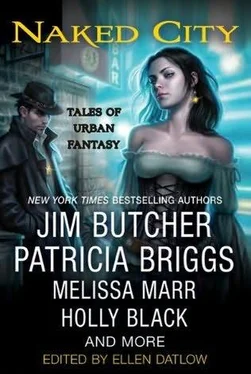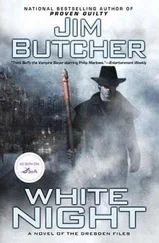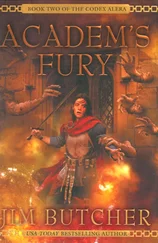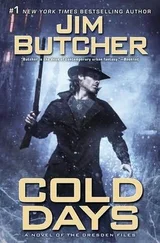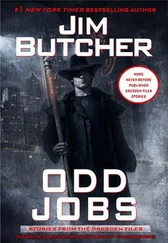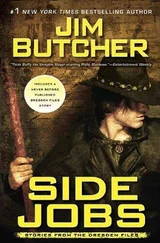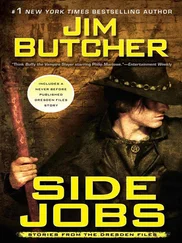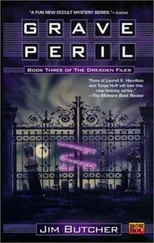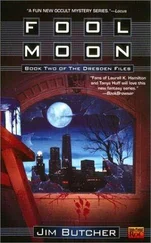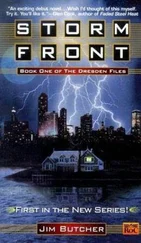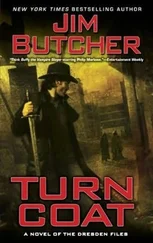Naked City: Tales of Urban Fantasy
An anthology of stories edited by Ellen Datlow
For my parents, Doris and Nathan Datlow, whom I love dearly and who infected me with their love for reading.
The term urban fantasy was originally applied to fantasy written in reaction to the works most popular up to the early 1980s—high-fantasy, imaginary worlds with medieval trappings. Instead, some writers began to inject magic into contemporary times and into urban areas, both real and invented. Mark Helprin set his charming novel Winter’s Tale in New York City, and John Crowley set his classic Little, Big at least partially in a recognizable New York. Many of Charles de Lint’s Newford stories and novels take place in a thinly disguised Toronto, while Emma Bull’s War for the Oaks is indelibly linked to Minneapolis. Terri Windling was influential in the subgenre’s “founding” by creating Borderland, a shared-universe original anthology series (the first two edited with Mark Arnold), set in an imaginary city in which humans and magical creatures could meet and interact.
Urban fantasy as we have come to know it today combines the often-dark edge of city living with enticing worlds of magic. Its subgenres include noir crime and paranormal romance. But the urban landscape is what’s crucial.
As one who lives in and loves New York City and enjoys traveling to other cities around the world, to me, urban centers seem to seethe with an energy, cultural diversity, and creativity that is more difficult to find in suburban or rural areas. You can lose yourself in a big city or you can find yourself.
In soliciting stories for this anthology I asked writers to consider all types of locations (as long as the story takes place in a city—existing or made up). I wanted the city to be as important as anything else in the story—in other words, where the story takes place should matter, in some way, to the story. Perhaps the most fun of editing an anthology such as this is the sheer variety of types of stories that can fit under the rubric “urban fantasy.” Some of the authors chose existing cities that are well known and easy to identify. There are several New York stories—each very different. Other stories take place in London; Berlin; New Orleans; Haifa, Israel; Chicago; Seattle; Mexico City; Las Vegas; Asbury Park, New Jersey; and Cherry Creek, Colorado. Others created imaginary cities.
Urban centers are packed with people, and this component of cities can be both a boon for gregarious types or a curse for those who are shy and reserved. It can also be utterly intimidating to newcomers, such as the pair of odd-couple immigrants in Delia Sherman’s historical fantasy, or it can be an opportunity for those with bad intent, such as the protagonists in Jeffrey Ford’s and Matthew Kressel’s stories. A weird joyousness pervades John Crowley’s story, which takes some off-the-cuff remarks by inventor, futurist, and visionary Buckminster Fuller quite literally, creating an unexpected fantasia.
Some of the greatest loneliness can be experienced when surrounded by people—such is the case for the eponymous character in Kit Reed’s “Weston Walks,” a recluse who ventures out only periodically; Nathan Ballingrud’s displaced person, a haunted refugee from the natural disaster that took his home; and Peter S. Beagle’s bitter academic hoping for a last chance of stability. Naomi Novik has written the quintessential New York story.
The Naked City was the title of a 1948 semidocumentary crime movie, inspired by the book by famous urban documentarian/crime photographer Weegee. In turn, the lauded television series Naked City ran in half-hour episodes 1958 to 1959, was canceled, and then was reincarnated in 1960 as an hour-long show, lasting until 1963. (An uncle of mine played a minor role in one episode, but I was too young to stay up and watch it.) The catchphrase was “There are eight million stories in the naked city. This has been one of them.” The city was New York, and eight million was an approximation of the population at the time. So aside from being catchy, the title reflects the diversity of what lies between these two covers.
—Ellen Datlow
Curses
A DRESDEN FILES SHORT STORY
BY JIM BUTCHER
Jim Butcher is the bestselling author most known for his urban fantasy series The Dresden Files . He also writes the Codex Alera series. Butcher lives in Missouri with his wife, son, and a ferocious guard dog.
* * *
Most of my cases are pretty tame. Someone loses a piece of jewelry with a lot of sentimental value, or someone comes to me because they’ve just moved into a new house and it’s a little more haunted than the seller’s disclosure indicated. Nothing Chicago’s only professional wizard can’t handle—but the cases don’t usually rake in much money, either.
So when a man in a two-thousand-dollar suit opened my office door and came inside, he had my complete attention.
I mean, I didn’t take my feet down off my desk or anything. But I paid attention.
He looked my office up and down and frowned, as though he didn’t much approve of what he saw. Then he looked at me and said, “Excuse me, is this the office of—”
“Dolce,” I said.
He blinked. “Excuse me.”
“Your suit,” I said. “Dolce and Gabbana. Silk. Very nice. You might want to consider an overcoat, though, now that it’s cooling off. Paper says we’re in for some rain.”
He studied me intently for a moment. He was a man in his late prime. His hair was dyed too dark, and the suit looked like it probably hid a few pounds. “You must be Harry Dresden.”
I inclined my head toward him. “Agent or attorney?”
“A little of both,” he said, looking around my office again. “I represent a professional entertainment corporation, which wishes to remain anonymous for the time being. My name is Donovan. My sources tell me that you’re the man who might be able to help us.”
My office isn’t anything to write home about. It’s on a corner, with windows on two walls, but it’s furnished for function, not style—scuffed-up wooden desks, a couple of comfortable chairs, some old metal filing cabinets, a used wooden table, and a coffeepot that is old enough to have belonged to Neanderthals. I figured Donovan was worried that he’d exposed his suit to unsavory elements, and resisted an irrational impulse to spill my half cup of cooling coffee on it.
“That depends.”
“On what?”
“What you need and whether you can afford me.”
Donovan fixed me with a stern look. I bore up under it as best I could. “Do you intend to gouge me for a fee, Mr. Dresden?”
“For every penny I reasonably can,” I told him.
He blinked at me. “You … you’re quite up front about it, aren’t you?”
“Saves time,” I said.
“What makes you think I would tolerate such a thing?”
“People don’t come to me until they’re pretty desperate, Mr. Donovan,” I said, “especially rich people and hardly ever corporations. Besides, you come in here all intriguey and coy, not wanting to reveal who your employer is. That means that in addition to whatever else you want from me, you want my discretion, too.”
“So your increased fee is a polite form of blackmail?”
“Cost of doing business. If you want this done on the down low, you make my job more difficult. You should expect to pay a little more than a conventional customer when you’re asking for more than they are.”
He narrowed his eyes at me. “How much are you going to cost me?”
I shrugged a shoulder. “Let’s find out. What do you want me to do?”
Читать дальше
